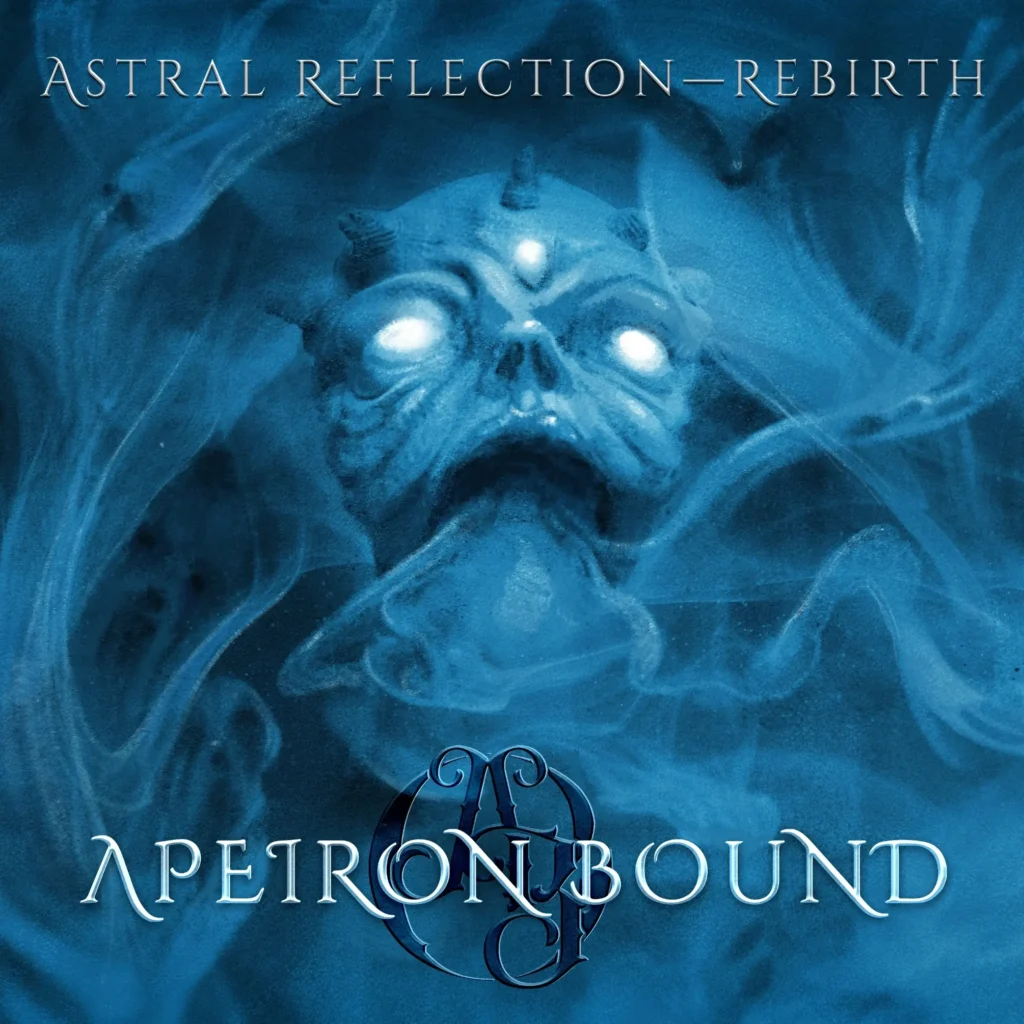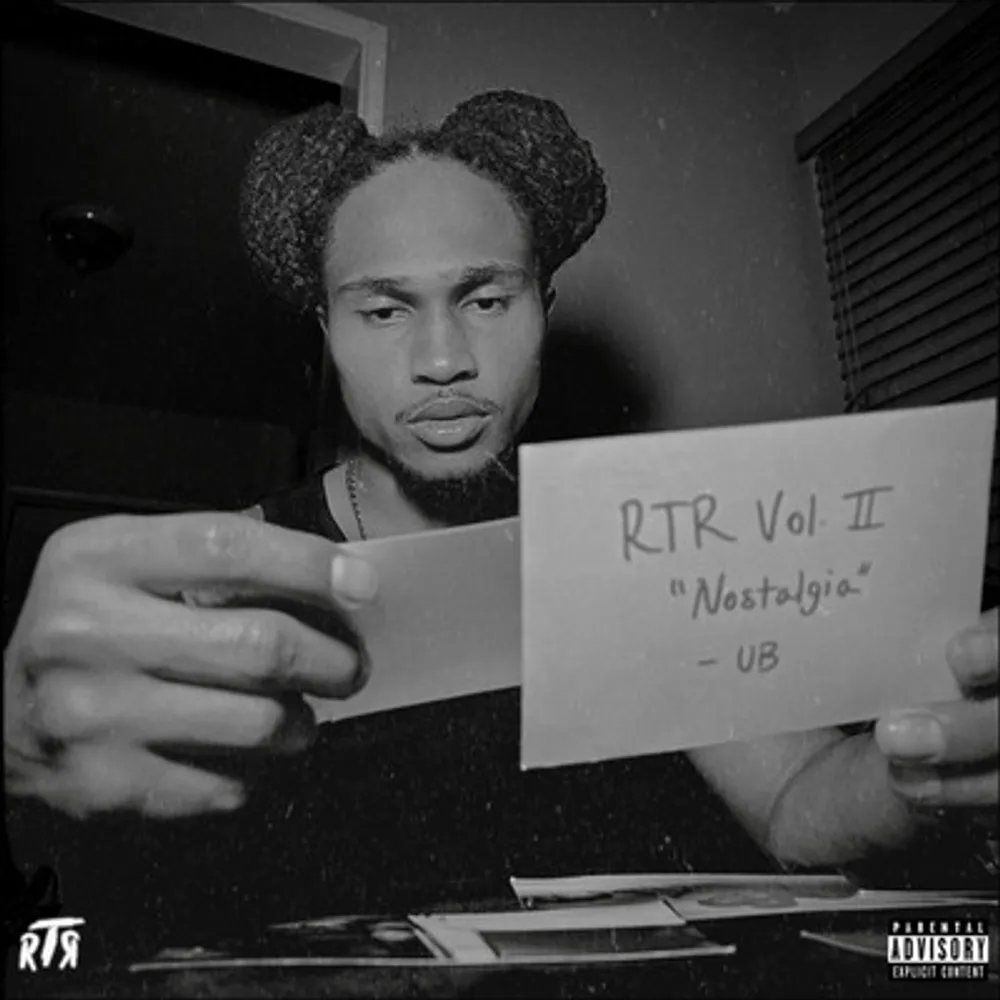Let’s be honest: the music world isn’t short on reinventions. Every month some former background character from the ‘90s pops up in an NPR article about their “new sound,” usually involving synthesizers, a leather jacket, and an existential crisis. But Johnny Batchelor is doing something different with Ain’t Nobody. He’s not reinventing anything. He’s simply continuing. Quietly, assuredly, and with the kind of clarity that only comes from living through several decades of music trends, heartbreaks, comebacks, and disappointments that didn’t come with a press release.
The title track is actually a reimagined cover of Chaka Khan’s iconic Ain’t Nobody and it’s your first clue that this isn’t just a nostalgia trip. If the original was an ecstatic shout from the dance floor, Batchelor’s version is the moment afterward, in the half-light, when you’re walking home and wondering why love feels so much like loss when it’s supposedly working. “I love the original so much,” he says, “it’s all climax, so I thought I’d make the post-coital version.” And that’s exactly what this is: not a cover, but a commentary; sultry, atmospheric, and gently unraveling. It’s a slow exhale through cigarette smoke and memories, less an interpretation than a reckoning.

The rest of the album follows suit, threading personal mythology and bittersweet reflection through songs that shimmer with warmth but never fully melt. Tracks like Anemone and Watching The Detectives have a lush, 80s-inspired pulse to them, but the emotional core is thoroughly modern; confused, hopeful, bruised. Alright doesn’t feel alright at all, and that’s why it works: it’s not a reassurance; it’s a question, sung quietly in the mirror.
This isn’t your standard indie-pop fare. Batchelor isn’t interested in earworm hooks or algorithmic optimism. His songs breathe. They pause in the middle of sentences. They ramble a little. They remember things halfway through the chorus. And that’s what makes them feel real — lived-in in the way old notebooks and roadmaps do. You get the sense that these aren’t songs created in a pristine studio, surrounded by sound engineers with degrees in reverb. They feel like they came from a spare room. From experience. From the kind of stillness that a lot of artists are too scared to sit with.
If you know your Australian music history, you’ll recognize Batchelor from the Sydney band Dropbears. They were part of the wild, bright indie wave that swept through the ‘80s, supporting acts like U2, The Cure, and New Order; bands that defined eras, rewrote fashion codes, and soundtracked entire generations of disaffected youth. Batchelor was there, in the thick of it, but he never became a household name. And in some strange, beautiful way, that’s the point of this album.
Proud Kind Man and Bad Mood Bad Groove both carry that weight; not nostalgia, but a kind of weathered contentment. They don’t try to recapture youth. They observe it from a distance, with equal parts envy and relief. “Walking On A Wire” might be the album’s emotional centerpiece; a balancing act between past and present, desire and exhaustion, risk and retreat. It’s not just about walking on the wire; it’s about knowing what happens when you fall off.
The production deserves a paragraph of its own. This isn’t lo-fi for the sake of aesthetics. The textures are deliberate, layered, organic and sometimes cinematic. You can hear the space between instruments. Nothing is over-compressed. Everything is allowed to exist in its own little pocket of time, and it gives the whole album a kind of haunted intimacy. You feel like you’re in the room with it; not in a stadium, not in a Spotify ad, but somewhere smaller, closer, more honest.
Batchelor’s voice won’t win any televised singing competitions. And thank God for that. It cracks. It stretches. It speaks more than it sings sometimes. But it’s that imperfection that makes it work; because it feels true. You believe him when he says he’s tired. You believe him when he sounds hopeful, because you can hear the doubt creeping in at the edges. It’s the voice of someone who’s felt a lot, survived most of it, and turned it into melody without sanding down the edges.
Statistically, Batchelor is having a quiet success. 30,000 monthly listeners. Over half a million video views across his homemade music videos. International radio airplay. Six songs climbing into the Indie Radio Alliance Top 15. Anemone getting picked by Bill Kelly for his SiriusXM Underground Garage top ten. It’s a career renaissance that doesn’t feel engineered or strategic; it feels inevitable. Like the world finally caught up to someone who’s been ahead of the curve by being behind the curtain.
And no, Johnny Batchelor isn’t a household name. That’s kind of the miracle of it all. Because this album is quietly one of the most emotionally articulate indie records of the year. It doesn’t try to go viral. It doesn’t try to trend. It just exists, like a friend you didn’t know you needed until they said the exact thing you couldn’t articulate yourself.
Ain’t Nobody by Johnny Batchelor isn’t chasing anything; it’s waiting. And if you’re the kind of person who listens a little too closely to lyrics, who rewinds verses because they made you feel something you couldn’t name, then you’re exactly who it was waiting for.
Follow Johnny Batchelor
Published in partnership with SubmitHub
About the Author

A tenured media critic known working as a ghost writer, freelance critic for publications in the US and former lead writer of Atop The Treehouse. Reviews music, film and TV shows for media aggregators.






